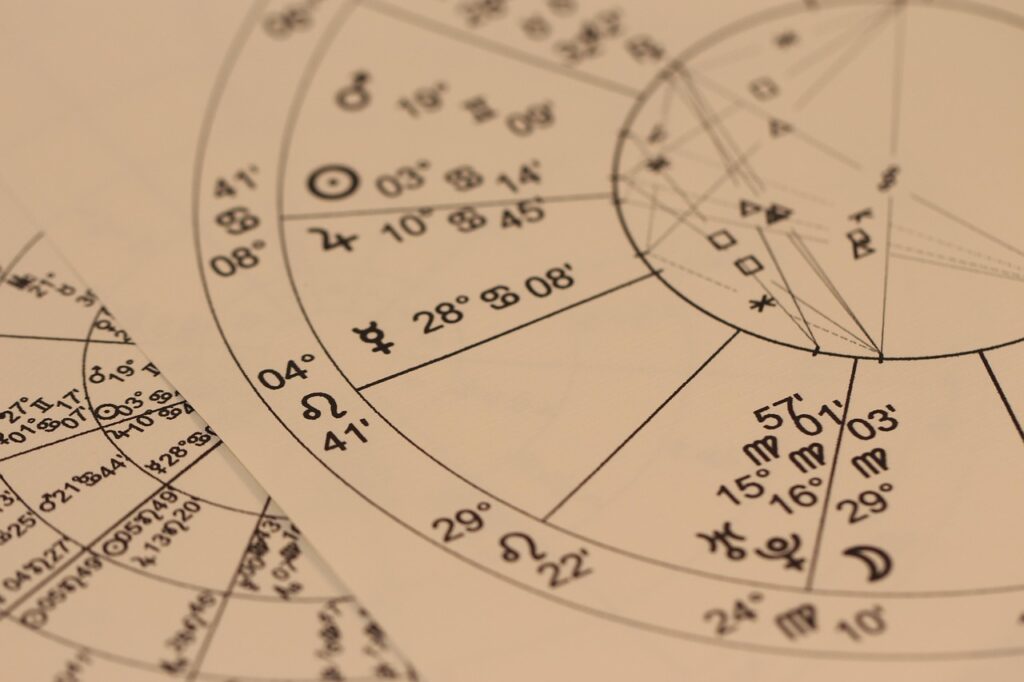In recent discussions, notably on platforms like Reddit, a curious comparison has been gaining traction: the likening of marketing to astrology. This analogy isn’t just a fleeting internet meme; it underscores a deeper public skepticism towards marketing practices, suggesting that like astrology, marketing is seen by some as manipulative and not always based on empirical evidence.
**Public Skepticism and Its Roots**
The core of the skepticism seems to stem from a perceived lack of transparency and predictability in marketing. Much like astrology, which is often criticized for its vague predictions that can be interpreted in many ways, marketing too can sometimes emit a sense of ambiguity in its strategies and effectiveness. This analogy is particularly prevalent among individuals outside the marketing sphere, who may not be privy to the data-driven and strategic nature that modern marketing entails.
A survey conducted by the Pew Research Center in early 2024 indicated that 38% of consumers feel that marketing tactics are overly invasive and under-regulated, which contributes to their mistrust. This sentiment is comparably reflected in the general distrust some have towards astrological predictions, often viewed as pseudoscientific.
**Expert Insights**
Experts argue that this comparison, while surface-level humorous and relatable, doesn’t hold up under scrutiny. “Marketing, unlike astrology, is deeply rooted in consumer behavior studies and statistical analysis,” explains Dr. Helen Choi, a professor of marketing at the University of Chicago. She highlights that effective marketing strategies are often backed by rigorous market research and data analytics, which aim to predict consumer behavior more accurately than astrological forecasts.
Moreover, advancements in digital marketing tools and metrics have allowed marketers to refine their strategies to a level of precision that is far from the generalized approach of astrology. Tools like Google Analytics and A/B testing provide real-time data that marketers use to tailor their campaigns and measure exact outcomes, a far cry from the interpretative nature of reading planetary movements.
**Cultural Reflections**
This comparison also reflects broader cultural attitudes towards different professions and how they are perceived in terms of legitimacy and value. While marketing can be demonstrably effective in influencing consumer decisions, its success and strategies are not always visible or understood by the general public, leading to misconceptions about the profession’s nature and value.
In conclusion, while the comparison between marketing and astrology provides an interesting lens through which to view public skepticism towards marketing, it is essential to differentiate the data-driven and analytical backbone of modern marketing from the more intuitive and speculative practice of astrology. Understanding this distinction can help demystify marketing practices and perhaps improve public trust in the process.
As this discussion evolves, it remains a compelling reflection of how professions are viewed in cultural contexts, and the ongoing need for industries to communicate their roles and impacts more clearly to the public.
—


